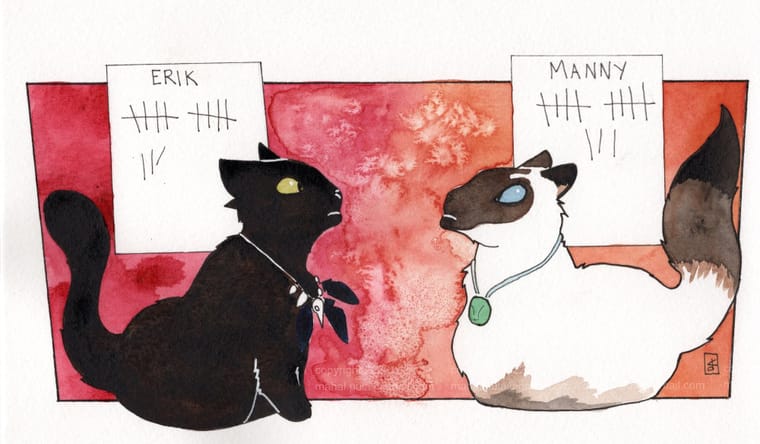@silverfox said in Getting Young Blood Into MU*'ing:
Regardless: Totally not trying to shovel shit. I'd gotten the misunderstanding that the main strength of the web portal was to allow for those longer scenes as people were able to pose. I didn't realize it was generally used almost as a replacement client. My bad.
It's kind of hard to really get how transformational something like the scene system and the Ares web portal really is to the M*ing experience until you play with it. I feel like I was a solid 6 months in before I stopped regularly exclaiming over something - and I still do it on occasion.
A system like this has several main benefits, but by far the biggest one is the freedom from the need for a constant, active telnet connection, and the correlation of that connection to a single character bit.
Last night I was in a scene that went late, and when we decided to pause, I just closed my client and went to bed. This morning, the whole scene is still there, waiting for me. I can recall it in my client, or read it on the web portal.
I have small kids, and I often write up set poses for things I'm GMing that night during the day. On a persistent web platform, I can write it, start the scene, and leave it sit there until start time, when the other players can join the scene and see what I've already written while I finish up bedtime.
I go home for lunch. I don't have to pause scenes anymore. Instead, I can leave a scene I was RPing slowly in at work and toss in a pose while I'm home at lunch, from the web portal. Or shoot off an IC text on my walk to a meeting. We have players who RP on their long commute home, on their phones - another way the portal helps timezones be less of an issue.
If I'm going to be 30 minutes late to a scene, I don't have to be sure to log on and drop my character into the room or find someone to paste me what I'd missed. I just pull it up on the portal and read it. (Incidentally, this also cuts down on the need to 'scene set' every time someone new joins a scene, which is freeing).
I can GM for people in timezones vastly different from me over the course of a day or even two. It's not my ideal type of scene, but it lets me involve players who previously would have just had to suck it up and not be in GMed stuff on games that I run.
I can RP in other scenes while I do this. I can RP in several scenes at once, if my time, attention, and internal timeline allow. I can finish up that scene from last night, and also have a text scene throughout the course of my work day about something that's pressing to another character. I personally don't like to double up on 'real' scenes very often, but the CAPABILITY is so freeing when I want or need to.
These are the sorts of limitations I didn't even realize existed with telnet only until I was freed of them. And they're just the ones revolving around RP. There are dozens more. The ability to set up my character in a graphical interface. To search logs. To see the same thing on the game and the web according to my mood. To not spam my screen with 'combat' a billion times - or to spam it and not care, because the log will be clean anyway, and I can always pull up the scene on the portal to see it without the HUD displayed. To casually page someone with something and know that they'll see it as soon as they log back on (or check the web portal - it's basically the same thing these days). To organize and filter jobs and respond to them in a graphical interface.
All of these things that we've gotten used to are things that are barriers to entry, for new people (whether young or not). They increase how much you have to WANT to do this hobby. Most of them, we don't even notice anymore, I think. Until suddenly they're gone.
Noticing these things, and figuring out how to remove them, is important. And hard.


